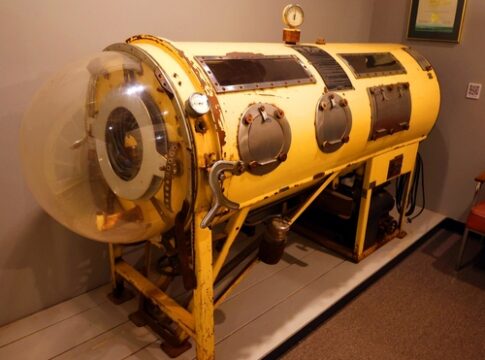The European Union has issued an urgent plea for a temporary ceasefire in Gaza, labeling it a "polio ceasefire" to address the alarming resurgence of polio in the war-torn region. The call comes as the World Health Organization (WHO) and UNICEF scramble to vaccinate over 640,000 Palestinian children amid the ongoing conflict between Israel and Hamas.
This crisis was triggered when Gaza recorded its first polio case in 25 years, a stark reminder of the public health catastrophe unfolding in the region. The Gaza Health Ministry confirmed that a 10-month-old infant in Deir al-Balah tested positive for poliovirus type 2, a highly contagious strain that can cause paralysis or death. The outbreak is exacerbated by Gaza's dire living conditions, where widespread displacement, poor sanitation, and the collapse of healthcare infrastructure have created an environment ripe for the spread of such diseases.
The UN requested ceasefire in Gaza to vaccinate children and prevent hundreds of Polio deaths.
Israel said, NO pic.twitter.com/01O8LgyQ43
— Mohamad Safa (@mhdksafa) August 17, 2024
On Tuesday, Josep Borrell, the EU's foreign policy chief, called for an "immediate 3-day humanitarian ceasefire" to allow for the vaccination campaign to proceed without the threat of violence. Borrell emphasized that these vaccinations must be conducted independently of broader peace negotiations, stressing the moral imperative of protecting Gaza's children from the polio threat.
The vaccination drive, which includes over 1.2 million doses of the polio vaccine, faces significant challenges due to the ongoing conflict. WHO and UNICEF officials have noted that the success of the campaign hinges on achieving temporary peace on the ground. UNRWA, the United Nations agency aiding Palestinian refugees, plans to begin administering vaccines as early as this Saturday, though the operation's feasibility remains uncertain amidst the hostilities.
'A truce of three days is, first of all, totally insufficient to tackle the polio crisis in Gaza. Second, it is not a truce we need; it's a ceasefire.'
Listen to @OxfamBE's Agnes Bertrand Sanz 👇https://t.co/syapaMpORC pic.twitter.com/F1Vu9CvZAs
— Oxfam EU (@OxfamEU) August 28, 2024
United Nations Secretary-General António Guterres has also been a vocal advocate for the ceasefire, repeatedly urging Israeli and Palestinian forces to halt their military actions to facilitate the health workers' access to the region. He described the ceasefire as a "humanitarian necessity," pointing out that Gaza’s deteriorating conditions, including the lack of clean water and overwhelmed sanitation systems, are contributing to the rapid spread of preventable diseases like polio and measles.
Despite these appeals, the situation in Gaza remains precarious. The ongoing conflict has already claimed tens of thousands of lives, and negotiations for a broader ceasefire have been fraught with setbacks.
Although there have been signs of progress, with Hamas recently dropping a key demand for a full Israeli withdrawal from Gaza as a precondition for a truce, a final deal remains elusive.
The United States, meanwhile, continues to play a controversial role in the conflict. Recently, the U.S. was the lone veto in a UN Security Council vote that sought an immediate humanitarian ceasefire in Gaza, arguing that such a resolution could undermine delicate negotiations aimed at securing a sustainable peace. This stance has drawn international criticism and further complicated efforts to address the urgent public health crisis facing Gaza's children.

